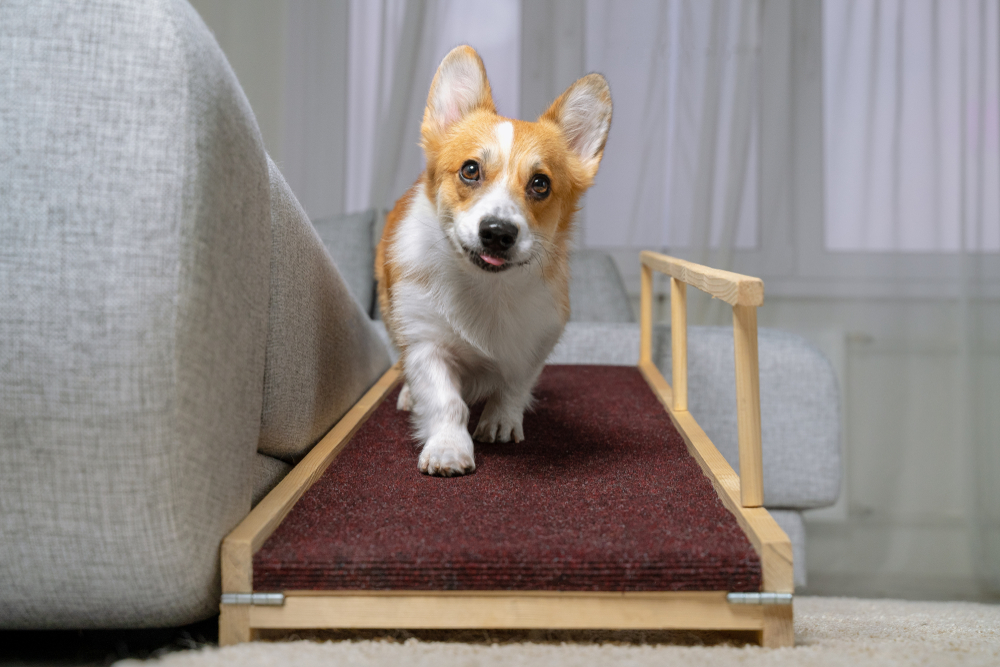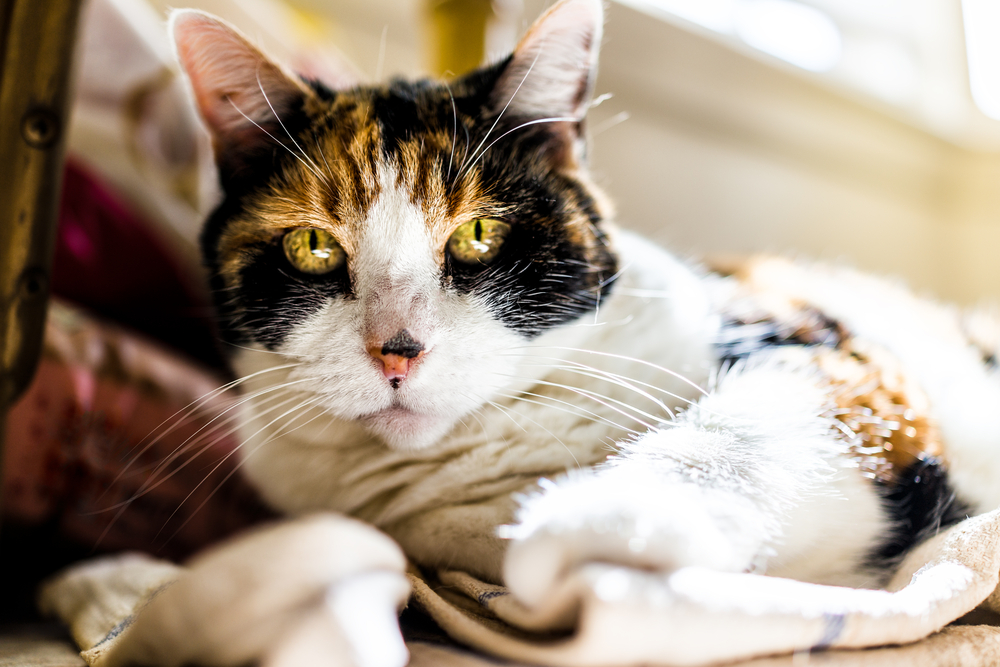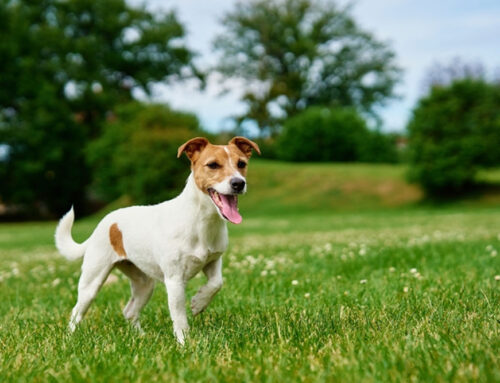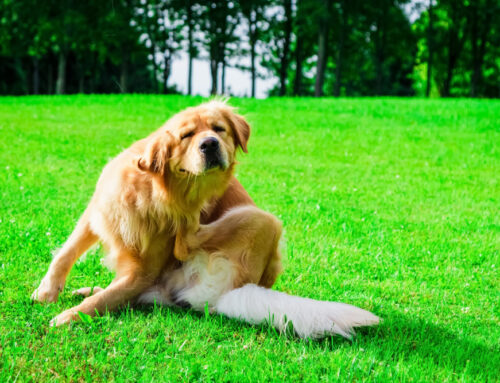November is Adopt a Senior Pet Month. An older pet can make a wonderful addition to your home and can be a better choice than a young pet. Senior pets are usually calmer and easier to handle, and typically are already trained. If you are considering adopting a senior pet, the south Austin veterinarians at Oliver Animal Hospital want to offer some do’s and don’ts to provide appropriate care for these special cats and dogs.
DO schedule regular veterinary visits for your senior pet
Advances in veterinary medicine have increased the life expectancy of pets, but as they live longer, they also experience more age-related health issues. Signs indicating these conditions can be subtle, and some issues don’t show up until they are in advanced stages. Once your pet reaches their geriatric years, you should take them for veterinary evaluation at least twice a year. In addition to performing a thorough physical examination, our veterinarians will run diagnostics to check for underlying disease processes. When caught early, many conditions can be managed to help prolong your pet’s life and improve their quality of life.
DON’T let your senior pet gain excess weight
Obesity is a significant problem for pets, causing several serious illnesses, including diabetes mellitus, kidney failure, cancer, and arthritis. You will need to adjust your pet’s diet as they age, especially if their activity level decreases. Your pet’s food should have a feeding guide on the label, but this is only a starting point. Your pet’s age, breed, activity level, and neuter status should be considered when determining their nutritional needs. Calorie calculators are available to help determine your pet’s energy requirements. You also should regularly assess your pet’s weight and body conditioning score (BCS) to ensure they are not gaining weight.
DO monitor your senior pet for behavioral changes
Pets can be affected by cognitive dysfunction syndrome (CDS), a condition similar to Alzheimer’s disease in humans. Initial signs can be subtle, but if caught in its early stages, CDS can be managed to slow the progression. Common signs include:
- Disorientation — Your pet may get lost in your home, wander aimlessly, or stare at walls.
- Interaction changes — Your pet’s interactions with people and other pets may change. They may not seek attention from family members and may not want to play with other pets. Conversely, a pet who is typically independent may suddenly seek constant attention from you.
- Sleeping habit changes — Your pet may sleep more during the day and may be restless or vocalize at night.
- House soiling — Your pet may lose their training and start having accidents in the house.
- Decreased activity — You may notice your pet isn’t as active as usual.
- Increased anxiety — You may notice your pet suffers from more frequent anxiety.
- Decreased self-grooming — Your pet may neglect their grooming habits.
- Decreased appetite — Your pet may lose interest in food.
- Learning and memory deficits — Your pet may forget simple commands.
If your pet exhibits these behaviors, let our veterinarians evaluate them so we can develop a management plan if needed.
DON’T neglect your senior pet’s dental health
Dental disease affects most pets by the time they are 3 years of age. This condition can cause significant pain for your pet, and the bacteria also can spread through your pet’s body, causing damage to their organs. You should bring your pet in for regular dental checkups and cleaning, and you also can practice dental care at home. Brushing your pet’s teeth daily promotes good oral health and helps prevent potentially expensive treatments in the future.
DO keep your senior pet active
Physical exercise is important for senior pets. Staying active helps keep their weight under control, and also has been shown to slow the progression of CDS. You should consider your pet’s fitness level when determining an exercise regimen. Some senior pets can still handle vigorous activity, but others may need lower intensity exercise. If your pet is affected by arthritis, our veterinary professionals may be able to prescribe medications to alleviate their discomfort to make exercising easier.
DON’T forget to spend time with your pet
As your pet ages, they may not be able to accompany you on outings as frequently. Ensure you spend time with your pet daily to show them how much you love and care for them. If your pet is affected by CDS, your support will become increasingly important to alleviate their stress.
DO ensure your home is safe for your senior pet

You can make some adjustments around your home to help keep your senior pet safe.
- Necessary items — Ensure your pet’s food and water bowls are in a location where they can easily be accessed. You may need to lift their bowls if neck pain is preventing them from reaching them. You also should ensure that your cat’s litter box is accessible. You may need to find a box that has lower sides so they can get in and out more easily.
- Ramps — As your pet ages, they may have difficulty jumping on surfaces. Ramps are a great way to help them get to their favorite areas, and the ramp also will prevent them from jumping off surfaces, which could result in injuries to their back or joints.
- Stairs — If your pet’s vision is impaired, blocking off the stairs will help prevent falling accidents.
- Room layout — Don’t move your furniture or leave clutter on the floor. If your pet is vision impaired or affected by CDS, they can become injured or confused.
If you have decided to adopt a senior pet, contact Oliver Animal Hospital so we can schedule a wellness exam to meet your new addition.







Leave A Comment